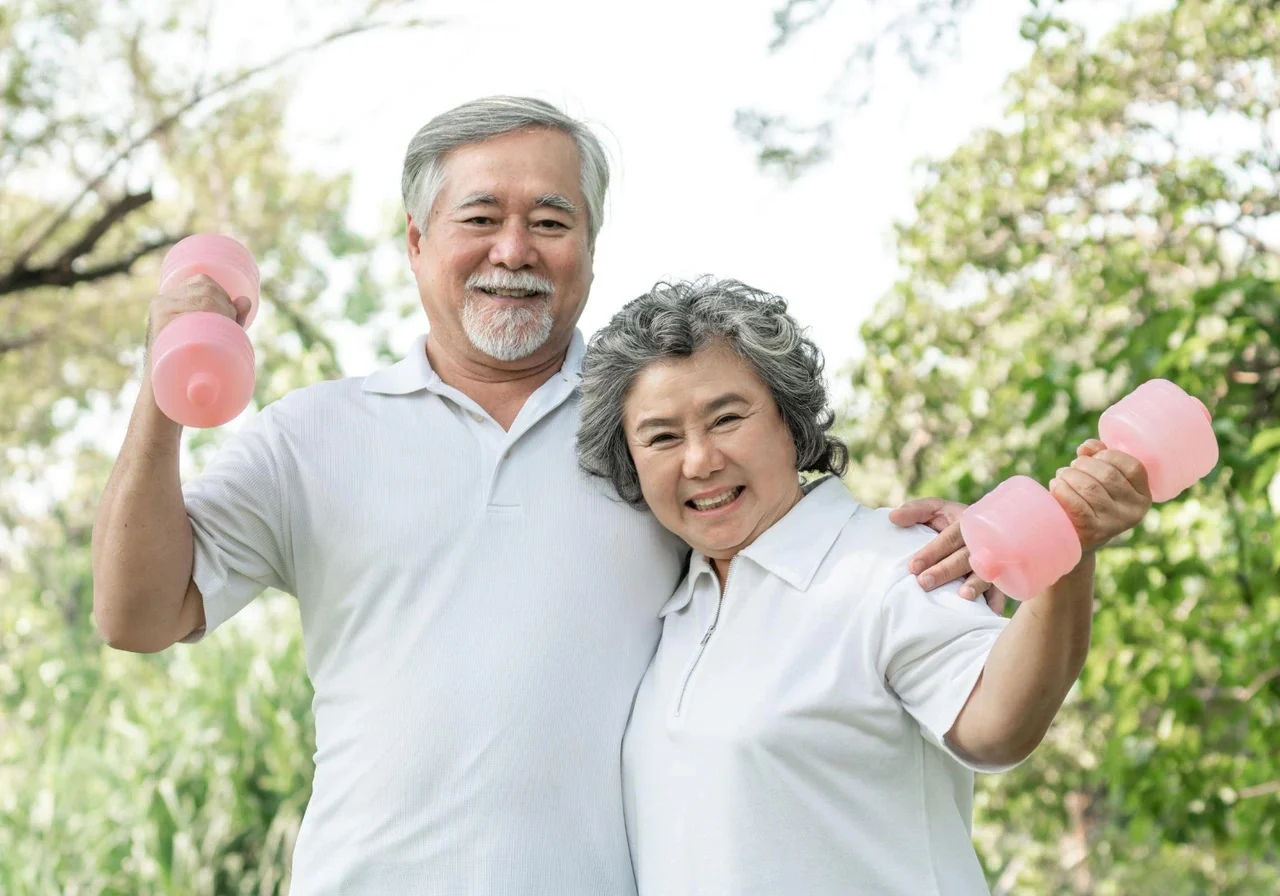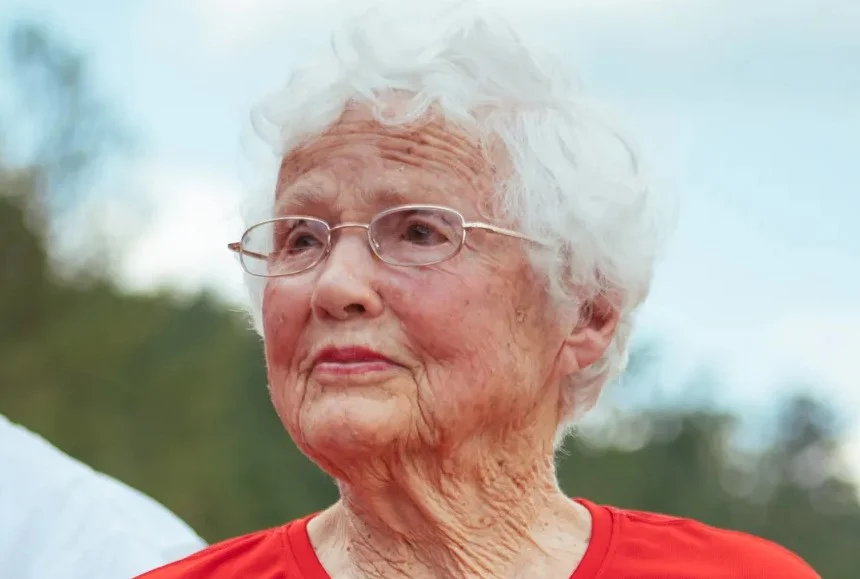The International Day of Older Persons is observed annually on October 1 to create awareness and support the aging population worldwide. This significant United Nations observance serves as a powerful reminder of the vital contributions older adults make to our communities while highlighting the urgent need to address the challenges they face in our rapidly changing world.
Established by the United Nations in 1990 and first celebrated in 1991, this day has evolved into a global movement that promotes appreciation for seniors, recognizes their profound impact on society, and advocates for policies that support their dignity and well-being throughout their golden years.
By Nan J.Corbo | ✅ Reviewed by Ray Butcher |
SeniorFitness is reader-supported. We may earn a commission through products purchased using links on this page. Learn more about our process here
TL;DR Summary
International Day of Older Persons is observed annually on October 1st to raise awareness about aging issues and celebrate seniors’ contributions. Established by the UN in 1990, this global observance has become increasingly important as the world’s 65+ population is projected to reach 1.6 billion by 2050 (currently 761 million).
Key Highlights:
- Recent themes focus on resilience (2022), human rights (2023), and dignity in aging (2024)
- Major milestone: UN Human Rights Council agreed in 2025 to draft an international treaty on older persons’ rights
- WHO leadership: The UN Decade of Healthy Ageing (2021-2030) promotes age-friendly environments and combats ageism
- How to participate: Volunteer with seniors, advocate for elder-friendly policies, or organize community appreciation events
Why it matters: With rapid global aging affecting healthcare, economics, and social systems, this day serves as a crucial reminder to build inclusive societies that support people throughout their entire lifespan while honoring the wisdom and contributions of older adults.
What is the International Day of Older Persons? History and Global Significance
The UN General Assembly designated October 1 as the International Day of Older Persons on December 14, 1990, through Resolution 45/106. The first observance took place on October 1, 1991, marking the beginning of an annual tradition that continues to grow in importance as our global population ages.
This designation built upon several groundbreaking initiatives that laid the foundation for modern aging advocacy. In 1982, the Vienna International Plan of Action on Ageing was adopted by the World Assembly on Aging and later endorsed by the UN General Assembly, setting crucial precedents for addressing aging issues on a global scale. The momentum continued with the adoption of the United Nations Principles for Older Persons in 1991, followed by the Madrid International Plan of Action on Ageing in 2002, which focused on creating opportunities and addressing the unique challenges that the aging population faces in the 21st century while promoting “a society for all ages.”
The significance of this observance cannot be overstated. Global population aging is accelerating at an unprecedented rate, creating challenges across healthcare systems, economic structures, and social support networks. The day’s primary goals include increasing public awareness of population aging’s far-reaching impact, recognizing seniors’ invaluable contributions to society, and encouraging the development of policies that help people grow old with security, dignity, and continued purpose.
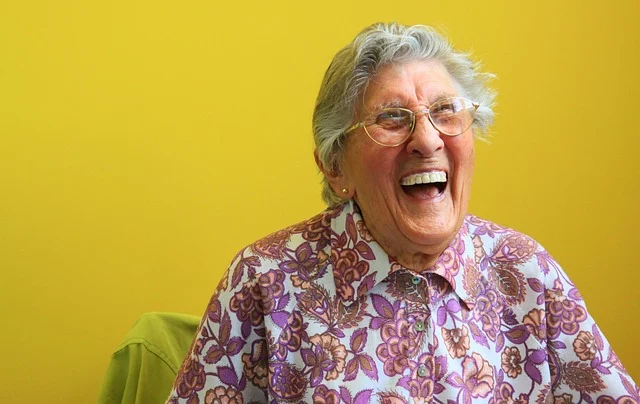
Annual Themes Highlighting Contemporary Challenges (2022-2024)
Each year, the United Nations assigns a specific theme to focus attention on particular aspects of aging, reflecting the evolving challenges and opportunities facing older persons globally.
2022: “Resilience of Older Persons in a Changing World”
The 2022 theme emerged during the COVID-19 era, underscoring how older persons demonstrated remarkable resilience despite being at the epicenter of health crises and widespread service disruptions. This theme was particularly relevant as it highlighted the exponential growth of the aging population – from approximately 700-760 million currently to an expected 1.4 billion by 2030, and 2 billion by 2050.
This rapid demographic shift affects labor markets, healthcare systems, housing availability, and social protection programs across all sectors of society. The 2022 theme recognized that building resilience in the face of such sweeping demographic changes and unexpected challenges like global pandemics is essential for creating sustainable communities that support people throughout their entire lifespan.
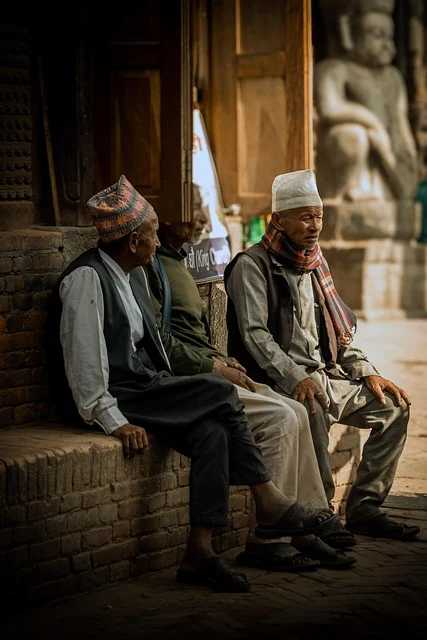
2023: “Fulfilling the Promises of the Universal Declaration of Human Rights for Older Persons: Across Generations”
Marking the 75th anniversary of the Universal Declaration of Human Rights, the 2023 theme focused specifically on human rights in older age. This observance emphasized that older persons should fully enjoy their fundamental rights and freedoms, while highlighting the importance of intergenerational solidarity in upholding those rights.
The theme reflected a growing global push to protect seniors from age discrimination, abuse, and exclusion while ensuring their voices are heard in decisions that affect their lives and communities.
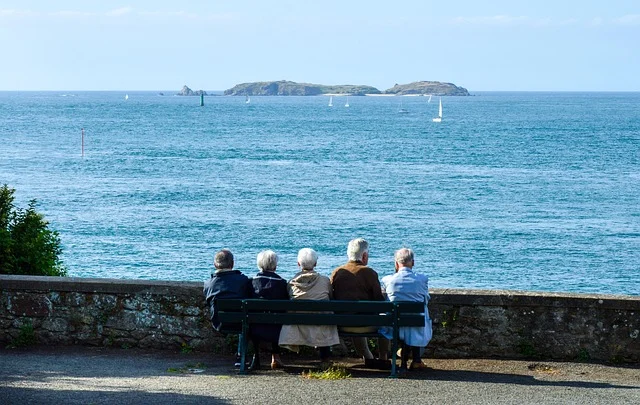
2024: “Ageing with Dignity: The Importance of Strengthening Care and Support Systems for Older Persons Worldwide”
The 2024 theme centered on improving health and social care systems for aging populations worldwide. Governments and communities were urged to take concrete action to ensure that older persons have access to inclusive healthcare, robust social support networks, and living conditions that respect their dignity, individual needs, and personal privacy.
This theme acknowledged that as people live longer, healthier lives, societies must evolve to ensure seniors can access quality care while maintaining their autonomy and making their own life decisions in environments characterized by respect and understanding.
Looking Ahead to 2025 and Beyond
While the official theme for 2025 has not yet been announced, it is expected to build upon previous years’ efforts by focusing on the crucial role older persons play in creating resilient, sustainable societies. Future observances will likely continue emphasizing the inclusion of older people in sustainable development initiatives and post-pandemic recovery efforts.
Current statistics underscore why these themes remain critically important. As of 2021, there were 761 million people aged 65 or older worldwide – more than three times the number recorded in 1980. By 2050, this demographic will reach approximately 1.6 billion people, representing about one in six people globally. These figures demonstrate why themes focusing on resilience, rights, and comprehensive care systems for older persons are not just relevant but essential for our collective future.
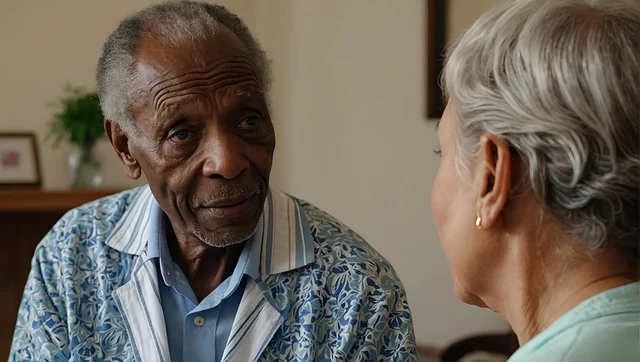
How the International Day of Older Persons is Observed and Why It Matters
The International Day of Older Persons is marked worldwide through diverse initiatives and meaningful activities. Governments, non-governmental organizations, and local communities organize events specifically designed to support and celebrate seniors. Media outlets often feature stories and conduct interviews showcasing older individuals’ remarkable achievements and ongoing challenges, effectively raising public awareness about aging issues.
For example, many news organizations profile elder community leaders, centenarians, and aging advocates who continue to make significant contributions to society. These stories highlight the rich experiences and wisdom that older adults bring to their communities. Activists frequently use this occasion to lobby for stronger rights protections and increased resources for older persons, amplifying their voices on critical issues affecting this demographic.
The Dual Reality: Vulnerability and Invaluable Contributions
It’s important to acknowledge that older persons can face significant vulnerabilities, including poverty, age discrimination, and complex health challenges, particularly when society overlooks their needs or undervalues their potential. However, this reality exists alongside the immense value that older adults bring to our communities.
Seniors have dedicated decades to raising families, volunteering for countless causes, contributing to the workforce, and sharing their accumulated wisdom with younger generations. Many serve as community and cultural leaders, preserving traditions and knowledge that might otherwise be lost. As the U.S. Census Bureau has noted, “our aging population includes society leaders with a rich history of culture, traditions and knowledge they can pass on to you.”
Older people exemplify invaluable qualities including competence, resilience, resourcefulness, and responsibility, providing powerful examples for younger generations to follow and learn from.
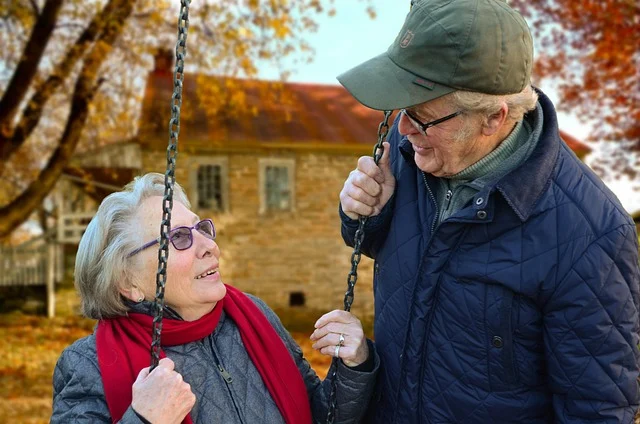
Personal Ways to Celebrate and Support Older Persons
There are many meaningful ways individuals can observe this important day. Volunteering your time to chat with or assist seniors in your community represents one of the most impactful ways to celebrate the International Day of Older Persons. This might involve visiting a local nursing home, helping an older neighbor with errands, or simply taking time to listen to their stories and experiences.
Such interactions not only help older persons feel valued and connected but also provide younger people with opportunities to learn from their life experiences and gain new perspectives. Communities often organize intergenerational activities, educational programs about healthy aging, health check-up camps, or senior appreciation events to mark this special day.
The Impact of Advocacy and Recent Breakthroughs
Years of sustained advocacy around this observance are yielding concrete results. In a landmark development for 2025, the United Nations Human Rights Council agreed to begin drafting an international treaty specifically focused on the rights of older people. This historic move aims to strengthen protections for seniors worldwide by addressing critical issues including elder abuse, ageism, exclusion from essential services, and inadequate social support systems.
This development demonstrates that society is increasingly recognizing that “human rights last a lifetime” and that older adults deserve the same protection, inclusion, and opportunities as people of all other ages. This progress, inspired by advocacy efforts including those surrounding past International Days of Older Persons, underscores why observing this day and raising awareness about aging issues remains crucial for creating positive change.
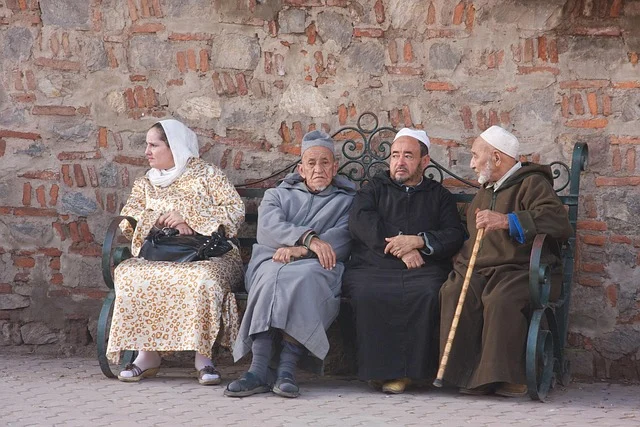
World Health Organization and Global Initiatives Supporting Healthy Aging
The World Health Organization plays a pivotal role in promoting the well-being of older persons and serves as a major supporter of the International Day of Older Persons. WHO frequently partners in observance events, and its logo regularly appears on UN promotional materials for the day. Beyond this annual observance, WHO champions healthy and active aging initiatives throughout the year.
A flagship example is the UN Decade of Healthy Ageing (2021–2030), a comprehensive global collaboration led by WHO and the United Nations. This ambitious ten-year initiative brings together governments, civil society organizations, international agencies, professionals, academia, the media, and the private sector to improve the lives of older people, their families, and the communities where they live.
The Decade focuses on four key action areas: combating ageism in all its forms, fostering age-friendly environments in communities worldwide, providing integrated care that meets older persons’ needs, and ensuring access to quality long-term care for older adults who require assistance. The overarching goal extends beyond simply adding years to life – it seeks to add life to years by enabling seniors everywhere to enjoy health, inclusion, dignity, and continued purpose in their later years.
These comprehensive efforts align perfectly with global sustainable development goals. Supporting healthy aging contributes directly to SDG 3 (Good Health and Well-being), SDG 10 (Reduced Inequalities), and the broader mission of building sustainable, age-inclusive communities that benefit people of all generations.
The International Day of Older Persons complements these year-round initiatives by maintaining public attention on seniors’ issues and needs. Every year on October 1, stakeholders around the world reaffirm their commitment to creating a future where everyone can age with security, opportunity, dignity, and respect. The active involvement of WHO and the UN amplifies the crucial message that older persons are valued, contributing members of society who deserve the best care, support, and opportunities we can collectively provide.
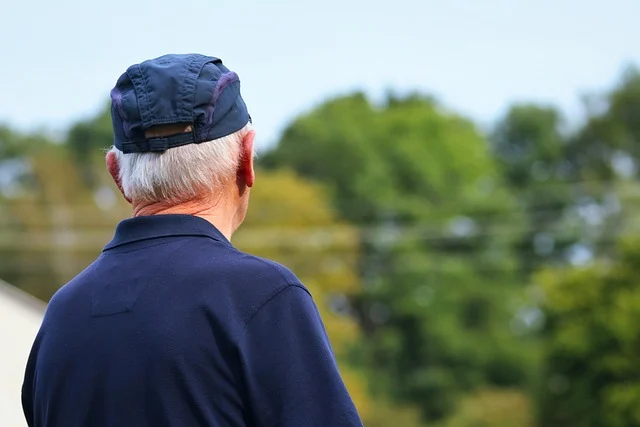
Building a Society for All Ages
The International Day of Older Persons represents much more than a single day of recognition – it serves as an ongoing reminder of our collective mission to ensure older adults are seen, heard, valued, and cared for in our communities. As we approach October 1, 2025, we are called to celebrate our elders’ countless contributions while taking concrete action to support their continued well-being and inclusion.
Whether through volunteering our time, advocating for elder-friendly policies, supporting age-inclusive community programs, or simply reaching out to an older person in our lives, each of us can contribute to building a world where people of all ages can thrive together. By embracing this responsibility, we truly honor the day’s founding spirit of creating “a society for all ages” – one that values the wisdom of experience while fostering intergenerational connection and mutual support.
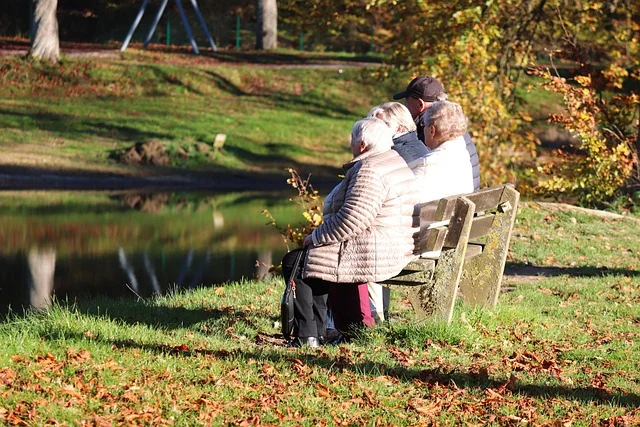
Frequently Asked Questions About International Day of Older Persons
1. When is International Day of Older Persons celebrated and why was this date chosen?
International Day of Older Persons is celebrated annually on October 1st. This date was officially designated by the United Nations General Assembly on December 14, 1990, through Resolution 45/106. The first observance took place on October 1, 1991. October 1st was chosen to provide a dedicated day for raising global awareness about aging issues and celebrating the contributions of older persons to society.
2. What is the theme for International Day of Older Persons 2025?
While the official theme for International Day of Older Persons 2025 has not yet been announced, it is expected to build upon recent years’ focus on resilience, human rights, and dignity in aging. Previous themes have included “Resilience of Older Persons in a Changing World” (2022), “Fulfilling the Promises of the Universal Declaration of Human Rights for Older Persons” (2023), and “Ageing with Dignity” (2024).
3. How many older persons are there globally and what are the population projections?
As of 2021, there were approximately 761 million people aged 65 or older worldwide – more than three times the number in 1980. According to UN projections, the global population of older persons (60+) is expected to increase to 1.4 billion by 2030 and 2 billion by 2050, representing about one in six people globally by mid-century.
4. What is the UN Decade of Healthy Ageing and how does it relate to International Day of Older Persons?
The UN Decade of Healthy Ageing (2021-2030) is a global collaboration led by the World Health Organization and United Nations to improve the lives of older people. It focuses on four key areas: combating ageism, creating age-friendly environments, providing integrated care, and ensuring access to long-term care. This initiative complements the International Day of Older Persons by providing year-round focus on healthy aging issues.
5. How can individuals and communities observe International Day of Older Persons?
Individuals can observe the day by volunteering time with seniors, visiting older neighbors, participating in intergenerational activities, or advocating for elder-friendly policies. Communities often organize senior appreciation events, health check-up camps, educational programs about aging, and media campaigns highlighting older persons’ contributions and challenges.
6. What recent developments have occurred regarding older persons’ rights?
In 2025, the United Nations Human Rights Council agreed to begin drafting an international treaty specifically focused on the rights of older people. This landmark development aims to strengthen global protections for seniors by addressing elder abuse, ageism, service exclusion, and inadequate social support systems, demonstrating that “human rights last a lifetime.”
7. Why is International Day of Older Persons becoming more important each year?
The day’s importance is growing due to rapid global population aging, which affects healthcare systems, labor markets, and social structures worldwide. With the 65+ population expected to reach 1.6 billion by 2050, addressing aging-related challenges through awareness, advocacy, and policy development has become crucial for creating sustainable, age-inclusive societies that support people throughout their entire lifespan.
References
United Nations. “33rd International Day of Older Persons – Theme and Background (2023).” UN Observances
World Health Organization (Sri Lanka). “International Day of Older Persons 2024 – Ageing with Dignity: Strengthening Care and Support Systems.” WHO News Release, 1 Oct 2024
United Nations (Indonesia). “International Day of Older Persons – Background and Statistics.” UN in Indonesia, updated 2023
Human Rights Watch. “UN: Treaty on Older People’s Rights Moves Ahead.” HRW News Release, 3 Apr 2025
Decade of Healthy Ageing Platform. “What is the UN Decade of Healthy Ageing (2021–2030)?” decadeofhealthyageing.org, accessed 2025
SDG Resource Centre. “International Day of Older Persons 2025 – Advocating for Healthy and Inclusive Aging.” sdgresources.relx.com, 2025


